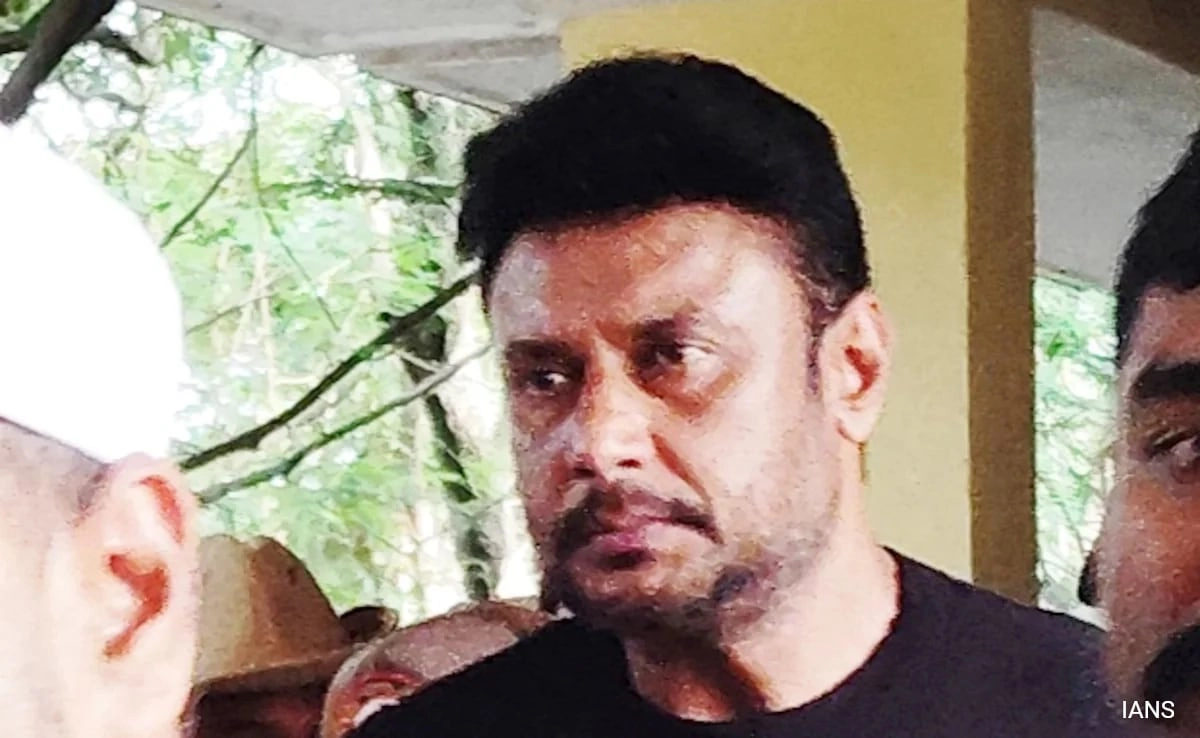Karnataka’s legal system has recently turned its attention to a notable figure in the film industry, actor Darshan, who has been summoned by the local court regarding a serious allegation. The case centers on the illegal possession of bar-headed geese, a protected species under Indian wildlife laws. The summons reflects the ongoing efforts to address wildlife conservation issues in the region, underscoring the importance of adhering to environmental regulations.
Bar-headed geese are known for their remarkable migratory patterns, often seen flying at high altitudes over the Himalayas. Their status as a protected species highlights the critical need for legal measures aimed at conserving biodiversity and preventing illegal wildlife trade. The case against Darshan has sparked considerable media attention, raising awareness about the responsibilities that come with wildlife protection and the consequences of violating such laws. The actor, known for his significant contributions to Kannada cinema, now finds himself entangled in a legal battle that could have serious repercussions for his career.
As the court proceedings unfold, many are watching closely to see how this case will be resolved. The involvement of a high-profile figure like Darshan may serve as a wake-up call for others in the entertainment industry regarding the seriousness of wildlife conservation. It also emphasizes the role of public figures in setting a precedent for responsible behavior towards nature and wildlife. The outcome of this case could potentially influence public perception and policy regarding wildlife protection, as well as the actions taken by authorities against illegal wildlife activities.
In the broader context, this incident highlights the ongoing challenges faced by conservationists in India, where illegal poaching and trade of wildlife remain pressing issues. The legal summons serves as a reminder of the delicate balance between human activities and wildlife preservation, urging society to reflect on its relationship with the environment. As the case progresses, it will be essential to monitor the implications it may have on wildlife conservation efforts and the legal frameworks that support these initiatives.




